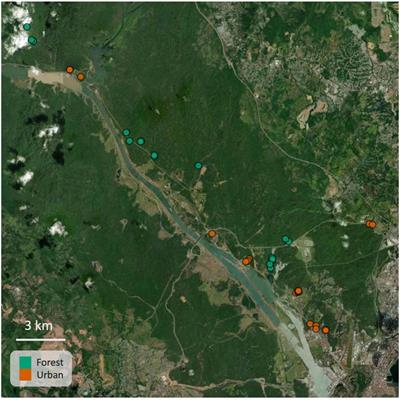EDITORIAL
Published on 02 May 2023
Editorial: Behavioral ecological insights into organismal responses to anthropogenic environmental change: a multi-stress perspective
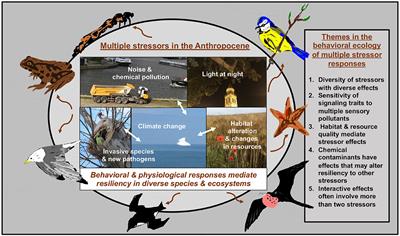
doi 10.3389/fevo.2023.1200682
- 1,390 views
3,913
Total downloads
22k
Total views and downloads
EDITORIAL
Published on 02 May 2023

ORIGINAL RESEARCH
Published on 09 Mar 2023
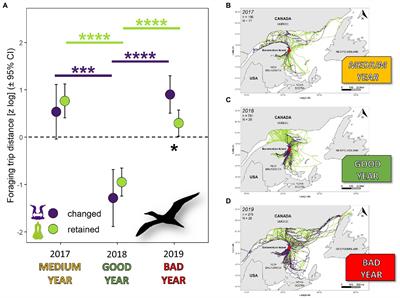
ORIGINAL RESEARCH
Published on 02 Feb 2023

ORIGINAL RESEARCH
Published on 08 Dec 2022

ORIGINAL RESEARCH
Published on 14 Nov 2022
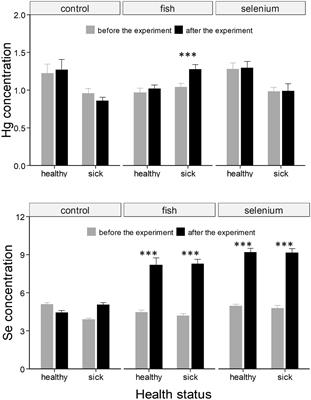
ORIGINAL RESEARCH
Published on 30 Sep 2022
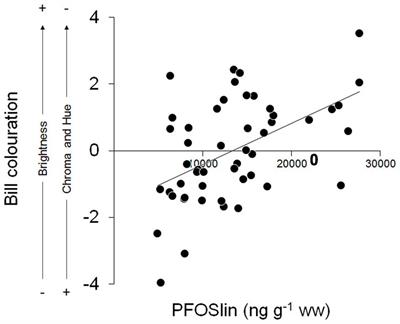
MINI REVIEW
Published on 31 Aug 2022
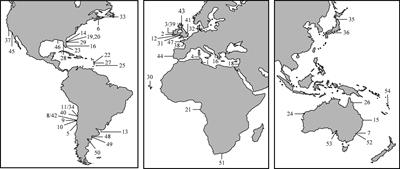
ORIGINAL RESEARCH
Published on 15 Aug 2022
